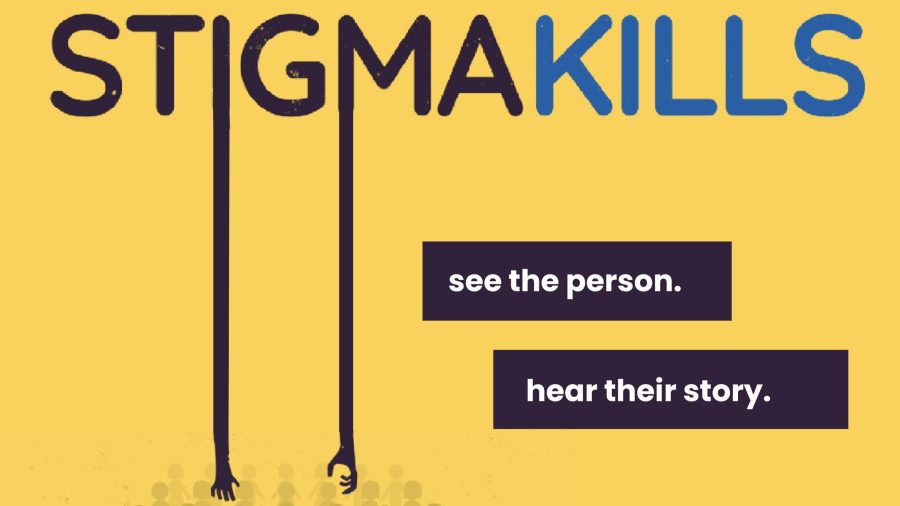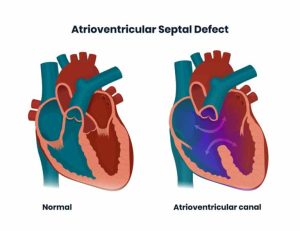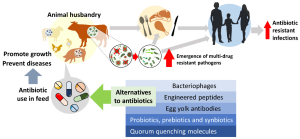
Alcohol addiction kills individuals because of stigma.
Alcohol addiction kills individuals because of stigma. Emma, a patient with alcohol-related liver damage, was too ashamed and afraid of being classified as having a socially unacceptable illness to get treatment for her addiction. One of the main contributing factors to this problem is the stigma associated with alcoholism or alcohol use disorder. Alcoholism should not be used to characterize someone who chooses to drink excessively because it is a medical condition that can lead to issues with one’s physical or mental health.
Alcohol use disorder sufferers may have psychological issues such as compulsive cravings or a physical desire to consume alcohol to relieve withdrawal symptoms like sweating or trembling. The causes of alcohol use disorders, which affect the majority of people with alcohol-related liver disease, are not entirely known. There are other contributing factors, including mental health issues, social support, and heredity.
The stigma attached to alcohol use disorders is important because it prevents people from getting help before it’s too late, which can cause lasting harm. Approximately 50% of individuals with alcohol-related liver disease pass away during their initial hospital stay, and over 33% do so within a year of receiving the diagnosis.
There are three different kinds of stigma: stigma in the public sphere, which includes discrimination and unfavorable preconceptions; stigma among healthcare professionals, which frequently views patients with alcohol use disorders as worthless causes or time wasters. The term “structural stigma” describes how some groups of people may be excluded from services due to their design. Self-stigma is a result of low self-worth and self-esteem, and it is fueled by this external stigma.
An individual encounters more stigma, which leads to the development of self-stigma and an increased sense of deservingness for treatment. They are six times more likely to avoid seeking medical attention and to hide and deny their alcohol consumption. People in this cycle of escalating alcohol consumption hurt themselves more physically and mentally.
Emma’s tale emphasizes how critical it is to keep in mind that alcohol use disorder is not a lifestyle choice and how public health and medical experts should reconsider how they handle alcohol-addicted patients. The first step in eradicating stigma is realizing preconceptions and assumptions; by banding together, we can do this and provide support for those who suffer from this awful illness.
More News On Deciphering the Genetic Mechanisms of Heart Defects in Down Syndrome







